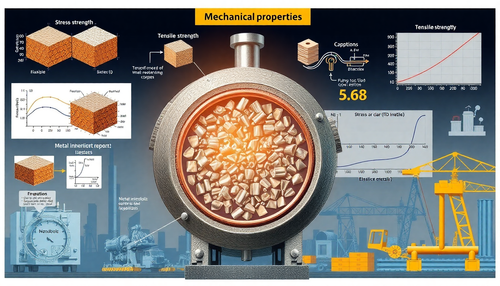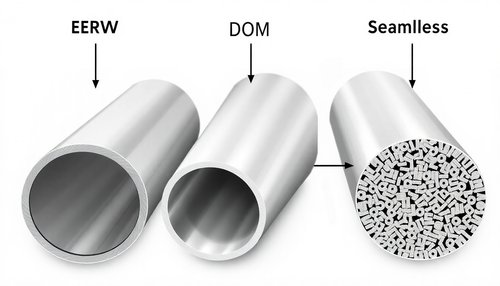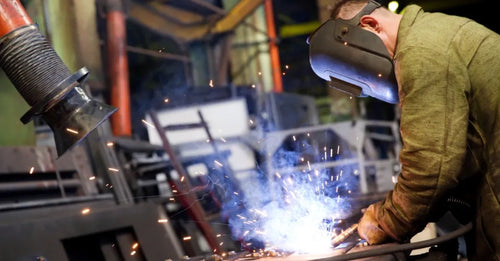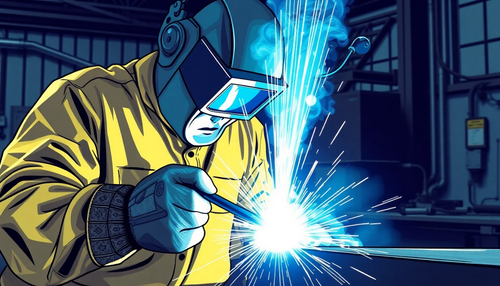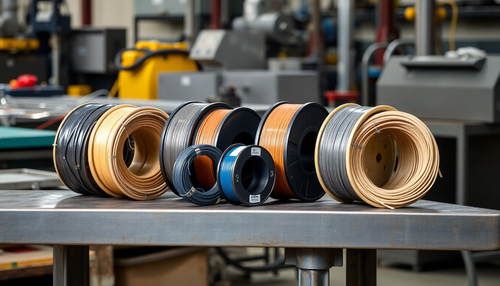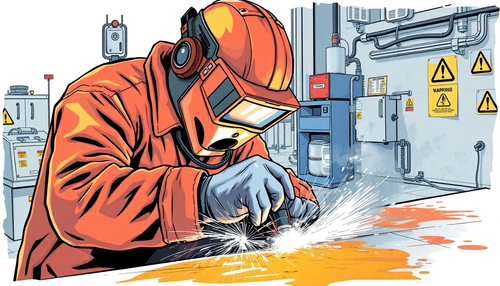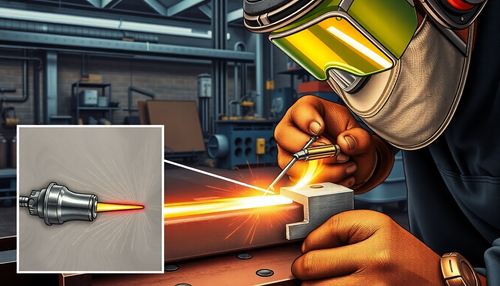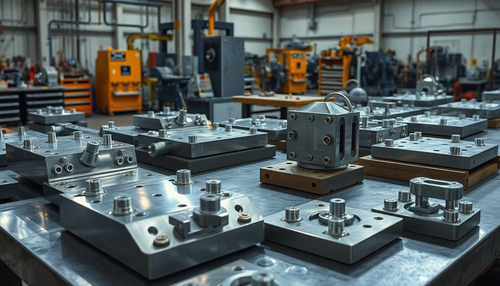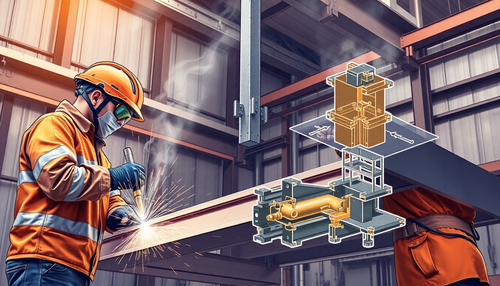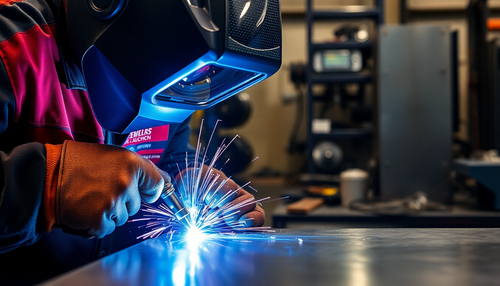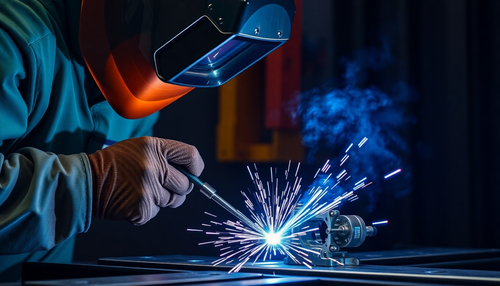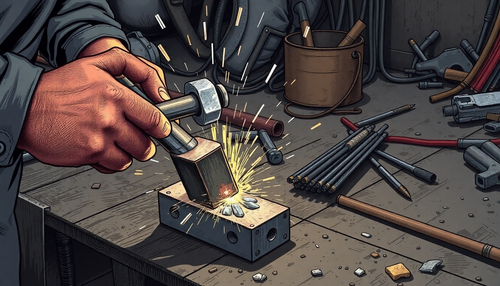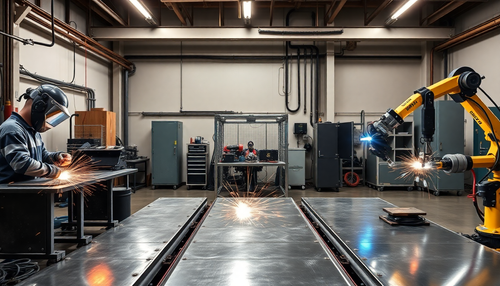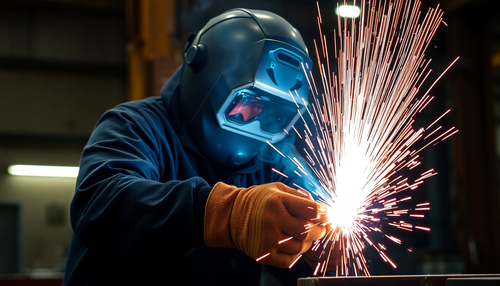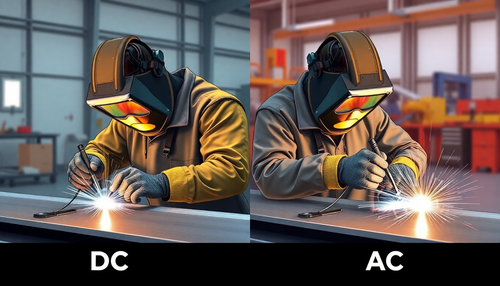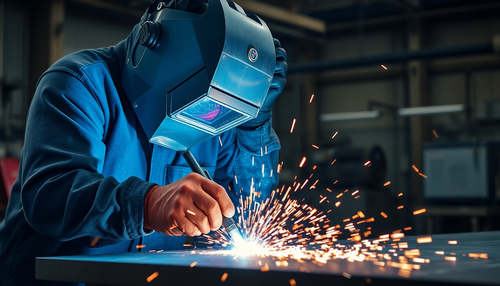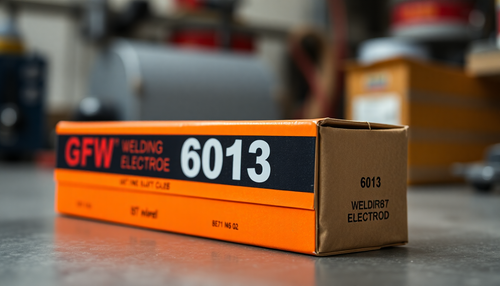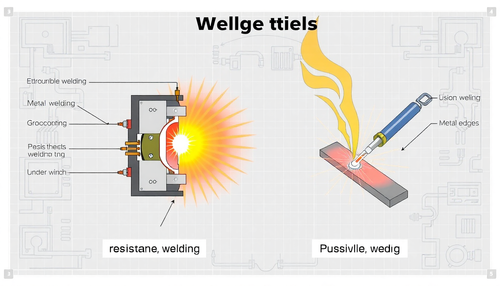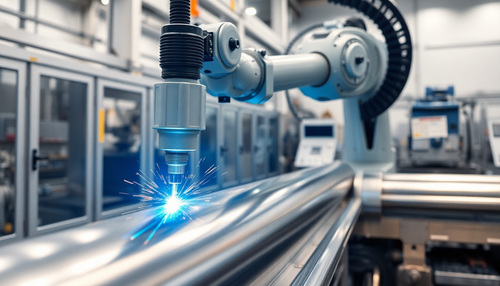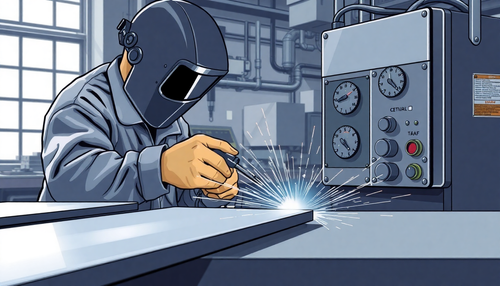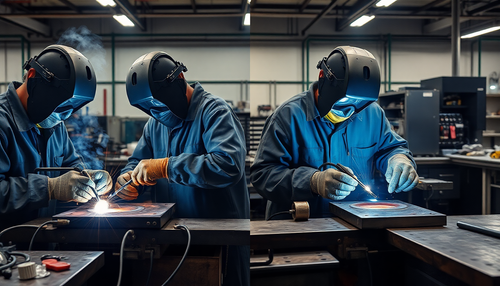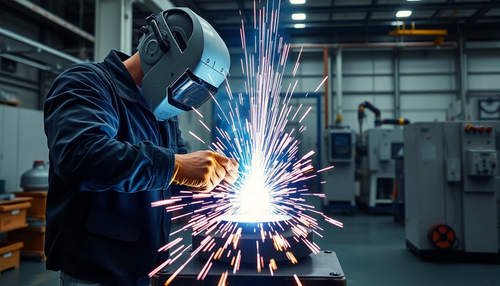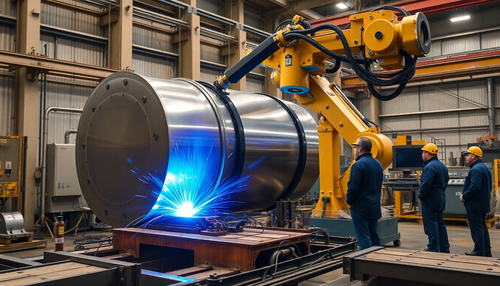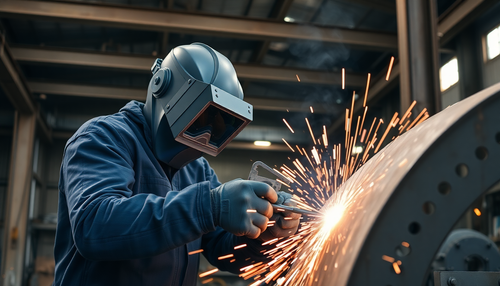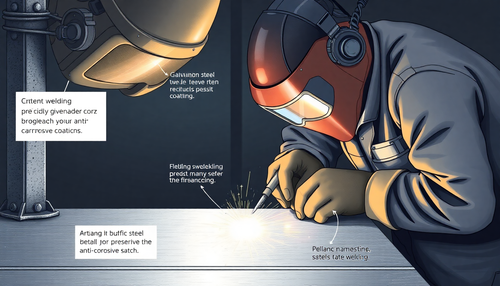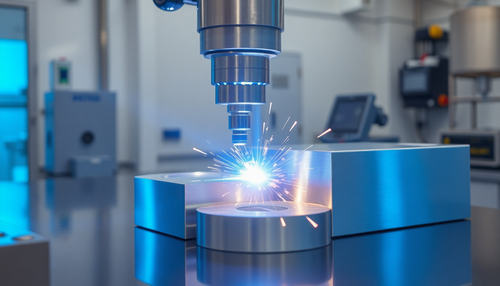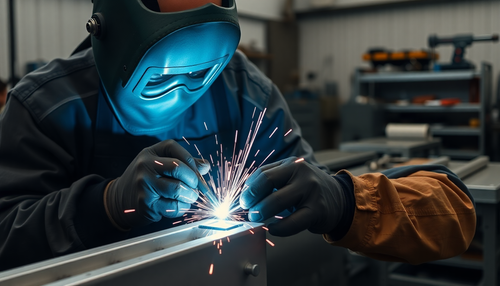A Flexible Manufacturing System (FMS) typically employs systems engineering principles and group technology. It connects computer numerical control (CNC) machine tools (processing centers), coordinate measuring machines, material transport systems, tool presetters, three-dimensional tool magazines, part loading and unloading stations, and robots through of local networks.
Under the control of computers and control software, it forms an integrated processing system capable of meeting the multivariate and small-batch production prevalent in manufacturing industries. This system optimizes the entire automated machining process.
Since the establishment of the first FMS (System-24) by Molins Company in the United Kingdom in 1967, flexible production technology has attracted global attention and found wide application in the production industries of developed countries.
The use of flexible manufacturing technology not only solves the automation problems of medium-to-small and medium-to-large batch multi-variety machining that have persisted for nearly a century, but also adapts well to continuous and rapid product upgrading.
Flexible manufacturing technology is characterized by high flexibility and universality, fast changeover times, short set-up times, high equipment utilization rates and the ability to operate without supervision 24 hours a day. It also guarantees high and stable machining quality while keeping production costs low. Thus, flexible manufacturing technology has become the core technology in the entire field of mechanical manufacturing.
Composition of a Flexible Manufacturing System
An FMS mainly consists of a multi-station CNC machining system, an automated material storage and transportation system, and a computer-controlled information system.
The multi-station CNC machining system mainly includes processing centers, turning centers or computer numerical control (CNC) lathes, milling machines, grinding machines and gear machining tools. They are used to automatically complete a variety of machining operations, as well as for automatic tool and part changes.
The automated material storage and transport system is designed for the automatic supply and loading/unloading of parts and accessories, as well as for automatic transfer, dispatch and storage tasks between operations. The computer-controlled information system handles various types of information in the FMS.
It produces the information required for the automatic operation of CNC machines and material systems, ensuring effective management, control and optimization of medium to small batches and multi-variety production within the FMS.
Classification of Flexible Manufacturing Systems
Based on its scale, FMS can be divided into the following four categories:
1. Flexible Manufacturing Units
Flexible Manufacturing Units (FMC) consist of 1-2 machining centers, industrial robots, CNC machine tools, and material transportation and storage equipment. They are adaptable and flexible to machine various products.
An FMC can be considered the smallest-scale FMS and represents the evolution of the FMS toward cost-effectiveness and miniaturization. Its features include realizing flexibility and automation in a single machine, which are now widely adopted.
2. Flexible Manufacturing Systems
An FMS typically includes four or more fully automatic CNC machine tools (such as machining centers and turning centers), connected by a centralized control system and a materials system. It can achieve machining and management of various varieties and medium and small batches without stopping the machine.
3. Flexible manufacturing lines
Flexible manufacturing lines (FML) are production lines that fall between inflexible single- or few-variety high-volume automatic lines and medium- to small-lot multi-variety FMS. Their machining equipment may be general purpose machining centers, CNC machine tools or may employ specialized machine tools or specialized CNC machine tools.
4. Flexible Manufacturing Factories
Flexible Manufacturing Factories (FMF) connect multiple FMS lines, equipped with automated three-dimensional warehouses and interconnected by a computer system.
They adopt a complete FMS from order placement, design, machining, assembly, inspection, transportation to delivery. It includes CAD/CAM and integrates CIMS into practical applications, realizing the flexibility and automation of the production system and further achieving comprehensive management of production, product machining, and materials storage and transportation processes throughout the factory.
Development of flexible manufacturing technology
FMS represents a new conceptual model and development trend for future factories, a strategic initiative that will shape the trajectory of manufacturing businesses. Currently, first generation FMS, reflecting the global level of factories, is predominant and this situation is expected to persist. The Intelligent Manufacturing System (IMS) project, launched by Japan in 1991, is considered a second generation FMS.
However, a fully developed second-generation FMS is expected to be realized only in the 21st century. At that point, intelligent machines and humans will flexibly integrate and coordinate all activities, from order taking to production and sales.
FMS experienced rapid growth in the mid-1980s, becoming a focal point of production automation. This was due, on the one hand, to the development of individual technologies, such as CNC machining centers, industrial robots, CAD/CAM, resource management and other high-tech advances, which provided a fundamental technological basis for systems integration.
On the other hand, significant changes have occurred in the global market, moving from a traditional and relatively stable market to a dynamic and volatile market. To survive and thrive in this market, companies began to explore new production methods and business models. In recent years, FMS, as a scientific “philosophy” of modern industrial production and an advanced model of factory automation, has gained international recognition.
It is an intelligent manufacturing system that, based on automation technology, information technology and manufacturing technology, integrates previously independent processes such as engineering design, production, production and business management into a complete and organic system that covers the entire enterprise . The aim is to achieve overall dynamic optimization, high efficiency, high flexibility and thus beat the competition.
As a cutting-edge technology in the development of industrial automation, FMS is expected to become the main production model for the mechanical industry in the 21st century.
Flexible manufacturing technology has been widely applied in industrially developed countries, with the expanding use of CNC machine tools, machining centers, FMCs and FMSs. Computer Integrated Manufacturing (CIM) will unify the management of design, manufacturing, sales and finance via computer, achieving full automation of factory management.
In the 1980s, CIM became the development direction of mechanical manufacturing, but establishing CIM often requires substantial hardware investments and prolonged development time.
However, due to the rapid development of computer application technology, excessive emphasis on unified management is unable to adapt to variable production. The CIM concept is constantly evolving, requiring more flexibility to adapt to rapid changes in production.

